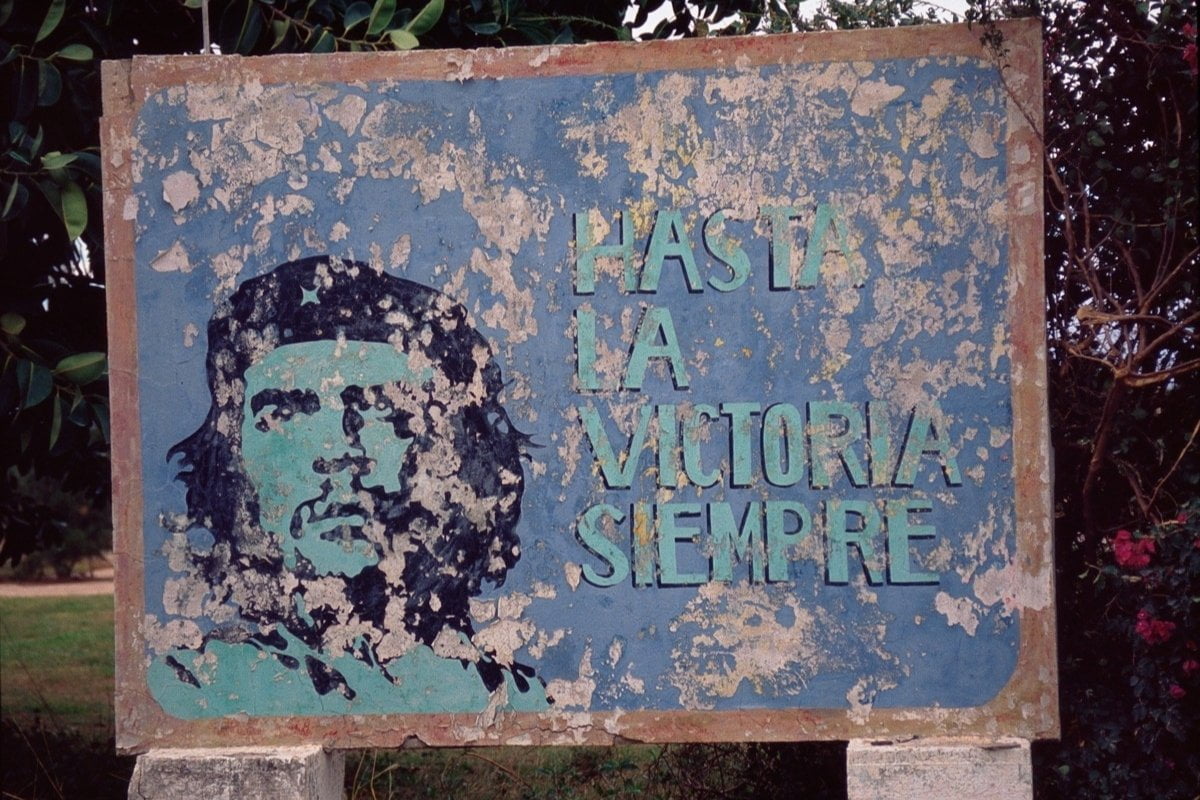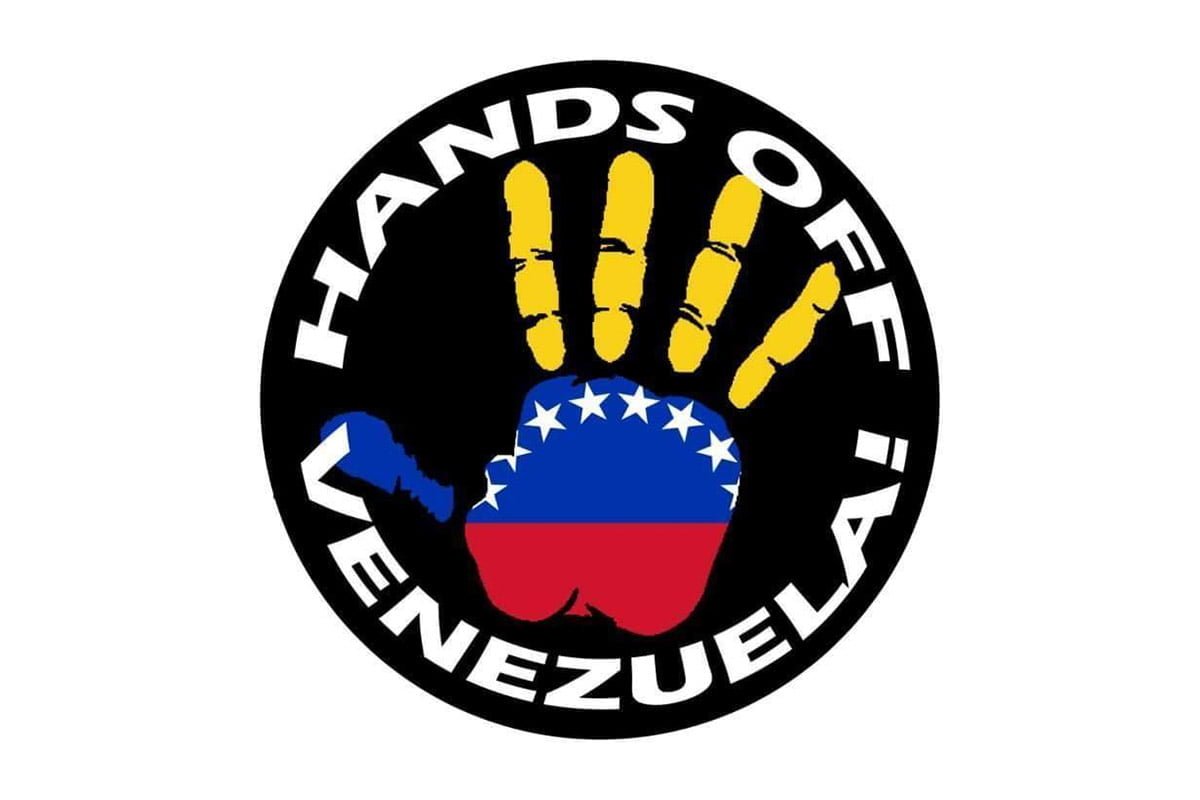The Cuban Revolution is at a decisive crossroads. The economy is in crisis; discontent is rising; and reactionary forces are mobilising. The only way forward is on the basis of workers’ democracy and international socialism.
The demonstration called by the so-called Archipelago Platform on 15 November is clearly a reactionary provocation that serves the interests of imperialism.
Cuba faces an extremely serious economic situation. The organisers of the 15 November march (permission for which has been denied by the authorities) intend to take advantage of it to launch a process that they hope will lead to the overthrow of the Cuban Revolution, the restoration of capitalism, and the destruction of the planned economy.
Faced with this situation, we clearly and unequivocally place ourselves at the defence of the Cuban Revolution.
It is not necessary to dig very deeply to show the real political character of the call for a march on 15 November. Under the guise of ‘neither right nor left’, ‘against repression’, ‘solving differences through democratic and peaceful means’, a clearly reactionary programme is hidden.
What does this represent?
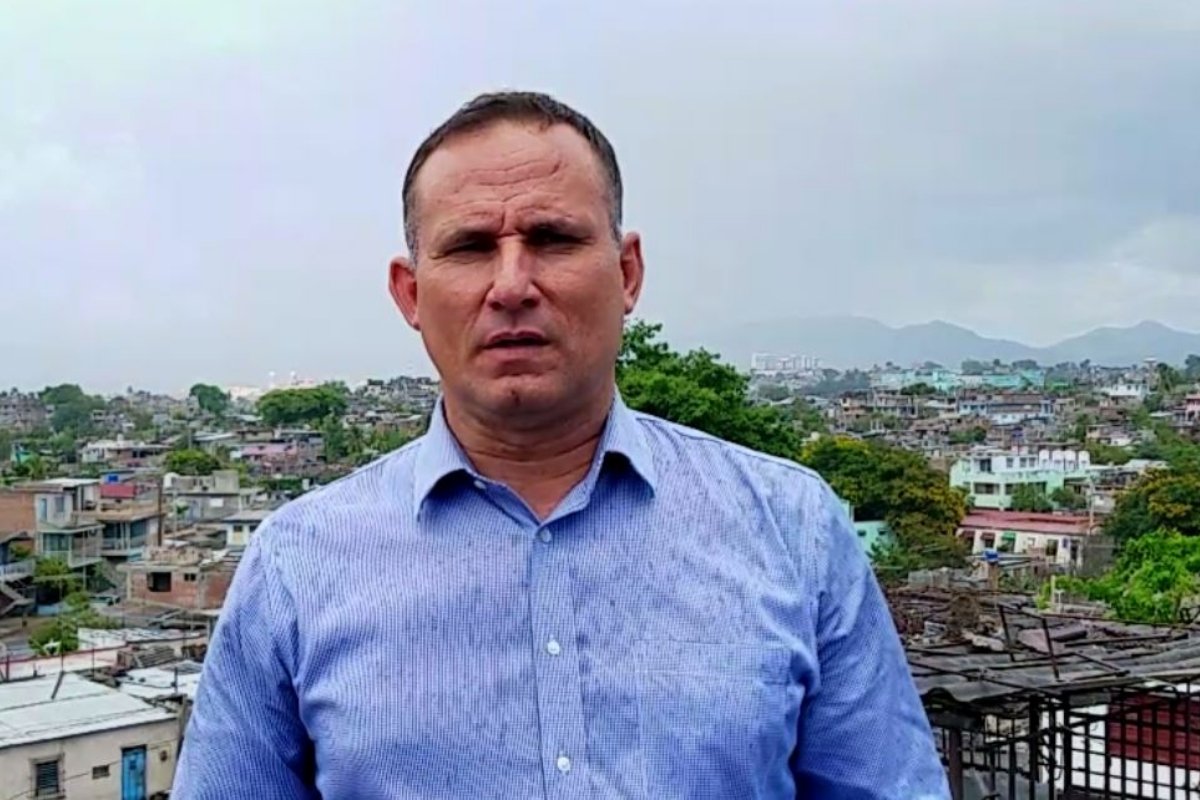
The main promoter of the Archipelago platform is the playwright Yunior García Aguilera. He was recently incorporated into the ‘deliberative council’ of Cuba Próxima, one of many organisations dedicated to promoting capitalist restoration (‘the rule of law’) in Cuba.
To give you an idea of the character of this coterie, Esperanza Aguirre, reactionary Spanish politician of the PP, tainted by several corruption scandals, is part of its ‘international advisory committee’.
But that is not the worst of it. Among other ‘gems’ in the ‘deliberative council’ of Cuba Próxima includes Orlando Gutiérrez-Boronat, leader of the so-called Cuban Democratic Directorate and the Assembly of the Cuban Resistance: both reactionary exile organizations in Miami that receive millions of dollars from different US government agencies (NED, USAID, IRI).
On 12 July of this year, Gutiérrez-Boronat roared from Miami demanding a military intervention in Cuba, something that he had already called for in December 2020.
The protest called by Archipelago has also received the support of the recently created ‘Council for the Democratic Transition in Cuba’ (which due to its objectives and those who compose it should really be called ‘Council for the restoration of capitalism and the annexation of Cuba by the United States’).
The organisation brings together various groups of the restorationist and annexationist opposition in Cuba, and its president is, of course, José Daniel Ferrer, of the notorious and misnamed Cuban Patriotic Union, UNPACU.
For the avoidance of doubt, the programme of 50 measures announced by the Council is quite explicit: “The ultimate goal…must be to turn Cuba into a market economy in which the private sector, privately owned companies, are the axis of the economy”, which would be achieved through a “process of open and transparent privatisation of state companies, agencies and assets, including productive land”.
To this package of restorationist and monetarist measures they add a “special plan to compensate for the expropriations of the revolutionary period” that would allow “the improvement of relations with the United States” (read: ‘servile subordination’).
Yunior García and Archipelago, who, let’s remember, tell us that they are ‘neither of the right, nor of the left, nor of the centre’, have no problem whatsoever in being in the same organisation as reactionary, and even terrorist and annexationist elements paid for by the US government; nor have any objection to receiving support for their demonstration from those who openly promise to restore capitalism and put the full weight of the crisis on the shoulders of the working class. This is usually the case with those who say they are politically ‘neither-nor’.
None of this is happening by chance. Yunior García Aguilera was already one of the main promoters of the protest on 12 November 2020 at the Ministry of Culture against censorship and in solidarity with the reactionary San Isidro Movement.
He was later part of a group that, during the protests of 11 July, demanded access to public television to broadcast their ideas. It just so happens that Aguilera had already participated in 2018 and 2019 in workshops in Madrid and Buenos Aires, convened through US-funded academic fronts to discuss ‘the transition in Cuba’, and specifically ‘the role of the Revolutionary Armed Forces’ in this long-awaited ‘transition’.
The call for the N15 protest has been accompanied by a series of provocative statements by spokesmen for US imperialism, threatening more sanctions ‘if there is repression’.
Such hypocrisy! Did Washington apply sanctions against Lenín Moreno when he launched bloody repression of the October 2019 insurrection in Ecuador? Did the US condemn the brutal repression by Piñera against the Chilean outbreak? Did the White House spokesmen denounce the Duque government in Colombia for the use of military force against the national strike?
Added to this is Archipelago’s call for EU ambassadors to ‘accompany’ the illegal march on N15, which would be an intolerable act of imperialist interference by the same European Union that represses asylum seekers on its borders in violation of international human rights standards.
For these reasons, we oppose the N15 demonstration, which is a reactionary provocation, destined to create a violent incident that could serve to justify a further assault against the Cuban Revolution.
Washington’s strategy
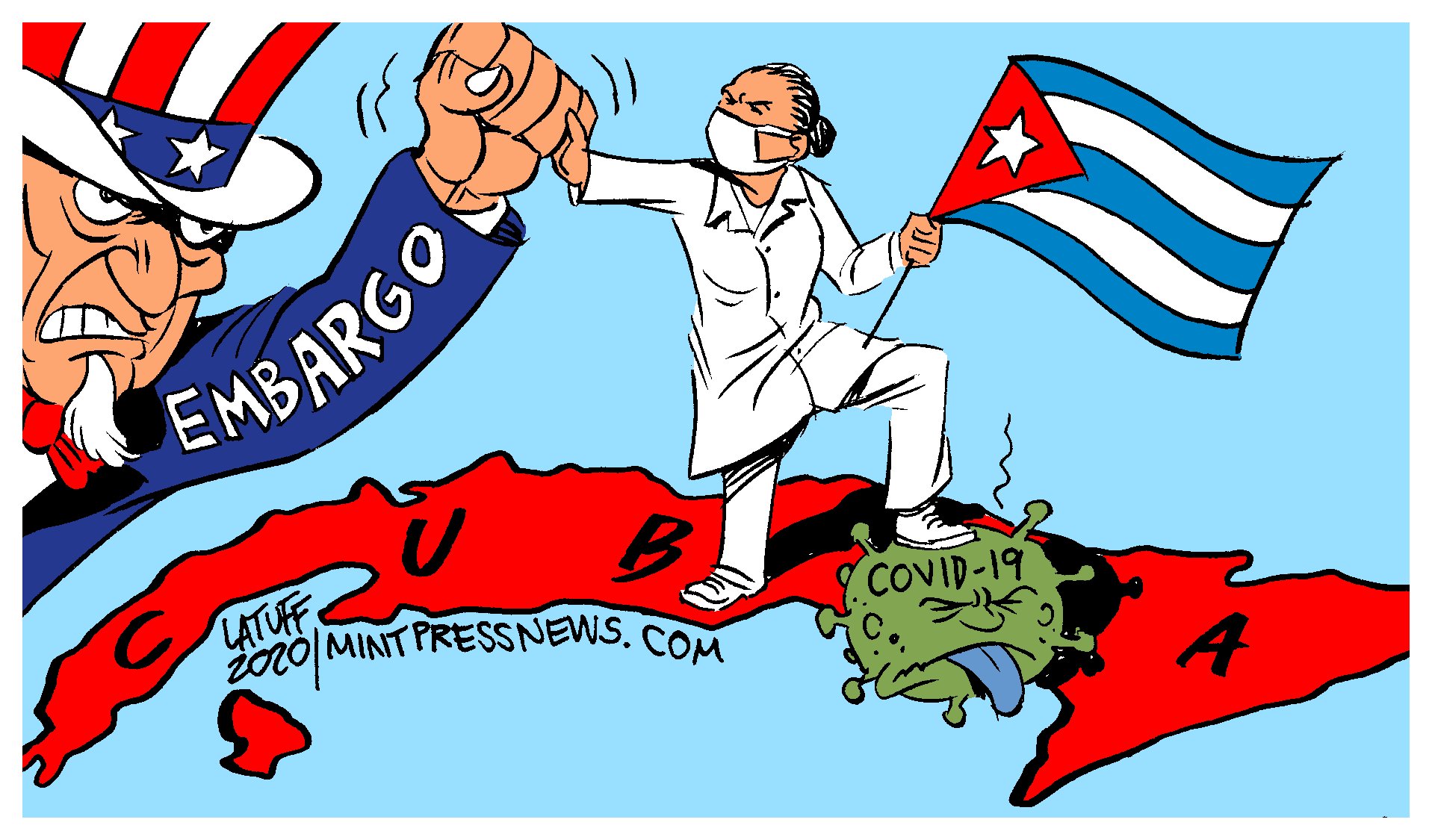
Washington’s policy against the Cuban Revolution has many facets. One of them is the frontal assault, the financing of terrorist activities and propaganda, economic sanctions and the blockade.
These continue, and in fact have hardened under the Trump administration that applied 240 new different measures to try to suffocate the Cuban economy, which exerted a brutal impact. None of those have been reversed by Biden.
But this aggression also has other facets. In recent years, after realising that the counterrevolutionary groups directly financed by the US were not getting any support, there was a subtle change in the policy of interference.
Without abandoning its traditional agents, the emphasis was changed, trying to present – in a totally hypocritical way – a more ‘friendly’ face of the counterrevolution, emphasising the ‘independent’ media, ‘civil society’, artistic and cultural activism, dialogue and inclusivity. They have even tried to use animal rights, feminist, LGBT, and anti-racist activism as battering rams against the revolution.
These elements try to put pressure, test the limits, go over them, and, using the flags of freedom of expression and creativity as an excuse, try to engineer a series of incidents that allow the creation of a social consensus that the counterrevolution has never had in Cuba since 1959.
This strategy has had some impact and some limited success. The methods of the bureaucracy, censorship, arbitrariness, Stalinism, all this plays into the hands of this tactic of imperialism and allows it to group together some sections of the disaffected youth.
But the truth is that it is not the campaigns of imperialism and its paid agents (which exist), nor rejection of the bureaucracy (which also exists) by themselves, that provoked the protests of 11 July, although these factors contributed to them.
The central issue that brought a layer of working-class people to the streets to protest against the Cuban government was the impact of the serious economic crisis facing the island.
It should be noted that this layer was small in number, some 2,000 people in Havana, but nevertheless it was significant. Without a doubt, it was the first time that something like this had happened since the maleconazo of 1994.
And the most worrying aspect of those protests, which included sectors hit and impoverished by the economic situation, is that they were politically dominated by reactionary slogans (patria y vida, ‘down with the dictatorship’, ‘down with communism’).
It does not mean that all those who participated shared these slogans, but the only organised political force present was openly restorationist and, being the only organised one, it dominated the protests politically.
Necessary debate
The J11 protests were therefore a shock to everyone, and also for revolutionaries, many of whom also took to the streets that day, called by President Díaz-Canel, to defend the revolution.
The question that many are asking is the following: how could this have happened in Cuba?
Perhaps one of the clearest expressions of this questioning is the article by Luís Emilio Aybar in La Tizza: ‘The day after cannot be the same’, published on 20 July. In it, Aybar wonders how it is possible that “a part of the people, that which was not paid to demonstrate, and does not belong to oppositional expressions articulated by Washington, assumed imperialist slogans during the protests.”
And the conclusion that he draws is that:
“What happened on 11 July can also be explained because we communists and revolutionaries do not fight with sufficient force and efficiency the harmful practices of the state, we defend unity in a way that actually harms it, we settle for saying things through the channels even if the solution did not arrive, we uncritically accompany the leaders instead of rectifying the path and we let ourselves be disciplined when what we had to do was think and act with our own head.”
The article is a harsh criticism of the bureaucracy and its methods, and the conclusion it draws is quite sharp:
“We must begin to fight the institutional counterrevolution with peoples’ force”, adding that we must not “fear more confrontational or public agitation methods when the lack of will or the existence of counterrevolutionary obstacles is obvious.”
Not only is it a call for mobilisation from the left, but it also correctly points out that the absence of such mobilisation and criticism favours the restorationist forces:
“Failing to press the government from the left means that the right will take the initiative, eroding the correlation of forces in their favor, that is, for more market and private property, less education and public health, and concessions of all kinds to the imperialist rules of the game.”
Causes of the economic crisis
This analysis is correct in its general lines: the legitimate elements of the protest have been captured by the right, because the left was absent. Therefore, a criticism from the left is necessary that does not limit itself to the constraints of what is allowed, but rather, does not fear using ‘confrontational’ methods of ‘public agitation’ – that is, mobilises decisively against capitalist restoration and against the bureaucracy.
The problems facing the Cuban Revolution are multiple and have different origins. On the one hand, there is the blockade and imperialist aggression which has been going on for 50 years. To this is added the strong impact of the pandemic in an economy highly dependent on tourism (Cuba will have lost its entire tourist income of 12 months or more, about $3bn, equivalent to 150 percent the value of yearly food imports).
But it is no less true (and Aybar partially points it out in his article), that to these serious problems must be added the problem of bureaucratic management of the economy, which generates inefficiency, corruption, idleness, apathy, discouragement, and represents the pressure of the capitalist world market on the revolution isolated in a small island with limited resources.
There are many examples, some quite serious, of the negative impact of bureaucratic methods, from top to bottom without any control by the workers, of planning the economy.
And finally, it is necessary to point out the negative impact of the Ordenamiento, the set of economic measures applied by the government at the beginning of the year.
Monetary and exchange rate unification and the introduction of wage incentives and market mechanisms in the management of state-owned companies, in a context of strong economic contraction (GDP has fallen by 13 percent in 2020 and the first half of 2021) and sharp contraction of remittances, inevitably led to increased social differentiation, hitting the most vulnerable sectors, and unleashed inflation and shortages of basic products at affordable prices.
The Ordenamiento and other associated measures have accelerated the process of private capital accumulation at the expense of the working class, particularly its most vulnerable layers.
Defend the revolution
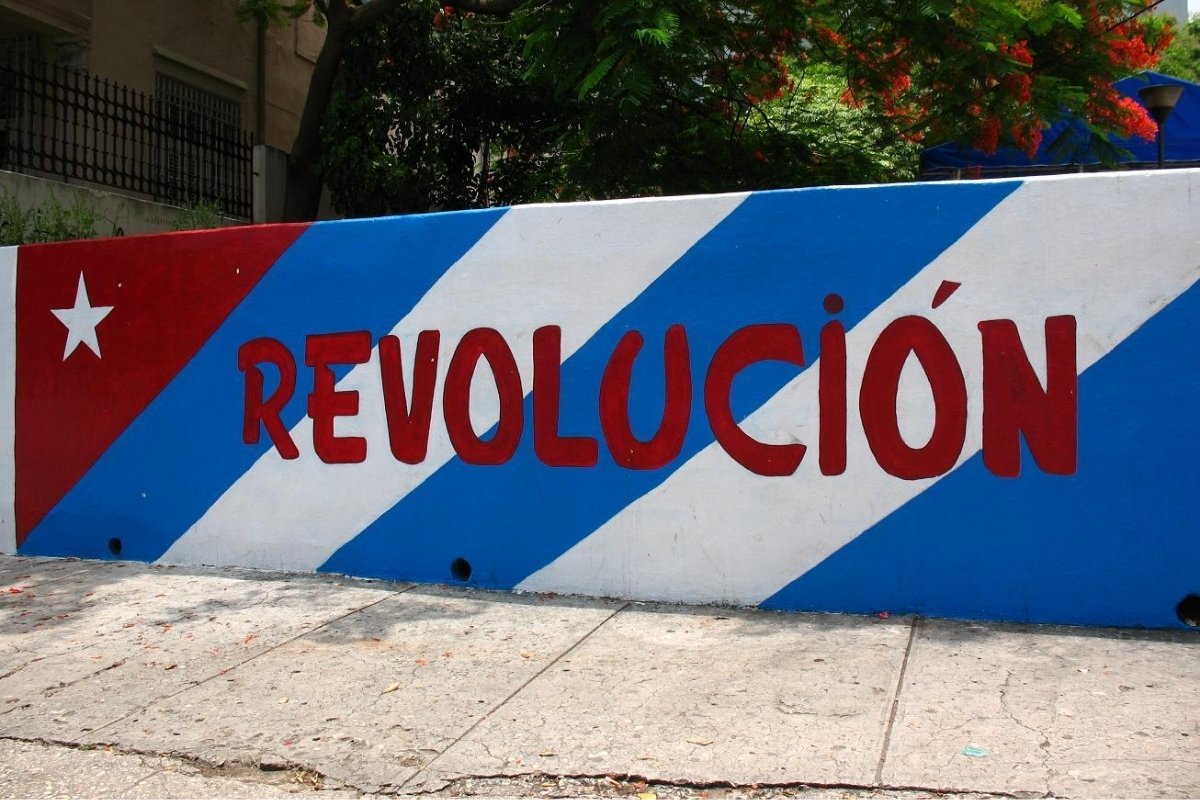
The question is, how can the revolution be defended? With what programme? There is an important sector in the Cuban leadership (perhaps majority or dominant) that for some time has adopted the ‘Vietnamese’ model – that is, the restoration of capitalism at a slow pace and controlled from above, in such a way that the bureaucracy is kept in power.
It is clear that there is resistance to this strategy and that has made the movement in that direction very slow, provoking the impatient protests of the bourgeois media.
The protests of 11 July in practice had the effect of accelerating this process, with the implementation of measures such as, for example, the legalisation of micro, small and medium enterprises, which can have up to 100 workers. It is yet another important step in the direction of the restoration of capitalism and allows an increased degree of private capital accumulation.
The combination of market measures – which increase social inequality and erode the conquests of the revolution – with bureaucratic methods of political and economic management, is the worst of the possible recipes.
Along this path, not only are mechanisms set in motion that inexorably push towards capitalism, but also the legitimacy and the base of social support for the revolution are slowly destroyed, clearing the obstacles to capitalist restoration.
The very existence of the bureaucracy leads to capitalist restoration. Business managers want to become owners of the businesses they manage, particularly those who are most in direct contact with capitalist partners, for example in the tourism industry.
How can the conquests of the revolution be defended, then? In our opinion, and we have repeated it many times, the two key elements are genuine workers’ democracy and proletarian internationalism.
In a previous article, Aybar himself pointed in this direction:
“It is necessary to add, to the control from above, control from below over the intermediate cadres and national leaders, with greater power in the hands of the people and the working class, expressed in ability to veto decisions, recall officials, to build and vote on action programmes.”
We would say that it is not about “adding control from below”, nor about giving “greater power”, but that genuine workers’ democracy is based precisely on the principle of the democratic and binding participation of the working class in decision making, and in the management of all common affairs. All power must be in the hands of the working class.
In reality, this is not purely a political issue but above all an economic one. The working class knows how things are produced, it knows where the problems lie, the bottlenecks, the bureaucratic inefficiency.
The direct participation of the working class in the democratic planning of the economy would be the only way to ‘liberate the productive forces’, a slogan that is currently used to justify the domination of the capitalist market over economic planning.
Workers’ democracy is the only way for workers to really be, and feel themselves to be the real owners of the means of production, beyond what the Constitution says on paper.
Along the same lines, in an intervention in a television programme on socialism and democracy, the same Luís Emilio Aybar pointed out two crucial questions. On the one hand, the fact that unity, which is necessary to defend the revolution, cannot be “unity around bureaucracy, corruption, with injustice, but rather to fight them.”
Muy buena la intervención de Luís Emilio Aybar en #PalabraPrecisa de la televisión cubana ayer. Sobre el problema de la unidad en la defensa de la revolución cubana “no puede haber unidad en torno al burocratismo, la corrupción, con la injusticia, sino para combatirlas”. pic.twitter.com/8CgYk5e63d
— Jorge Martin (@marxistJorge) October 16, 2021
And then he added the need to trust the people, for example, by giving binding power to workers’ collectives in companies:
Y otro tema central para la defensa revolución cubana del que habló Luís Emilio Aybar en #PalabraPrecisa: hay que confiar en la capacidad creativa del pueblo, hay que dar poder vinculante a las asambleas de trabajadores. pic.twitter.com/1ljjUd02tc
— Jorge Martin (@marxistJorge) October 16, 2021
Basing himself on the experience of the Paris Commune, Lenin established the principles of a workers’ state: the election and right of recall of public officials at all times; that no official should receive a wage greater than that of a skilled worker; the general rotation of the positions (if we are all bureaucrats, nobody is a bureaucrat); and the general arming of the people.
Workers’ democracy and international socialism
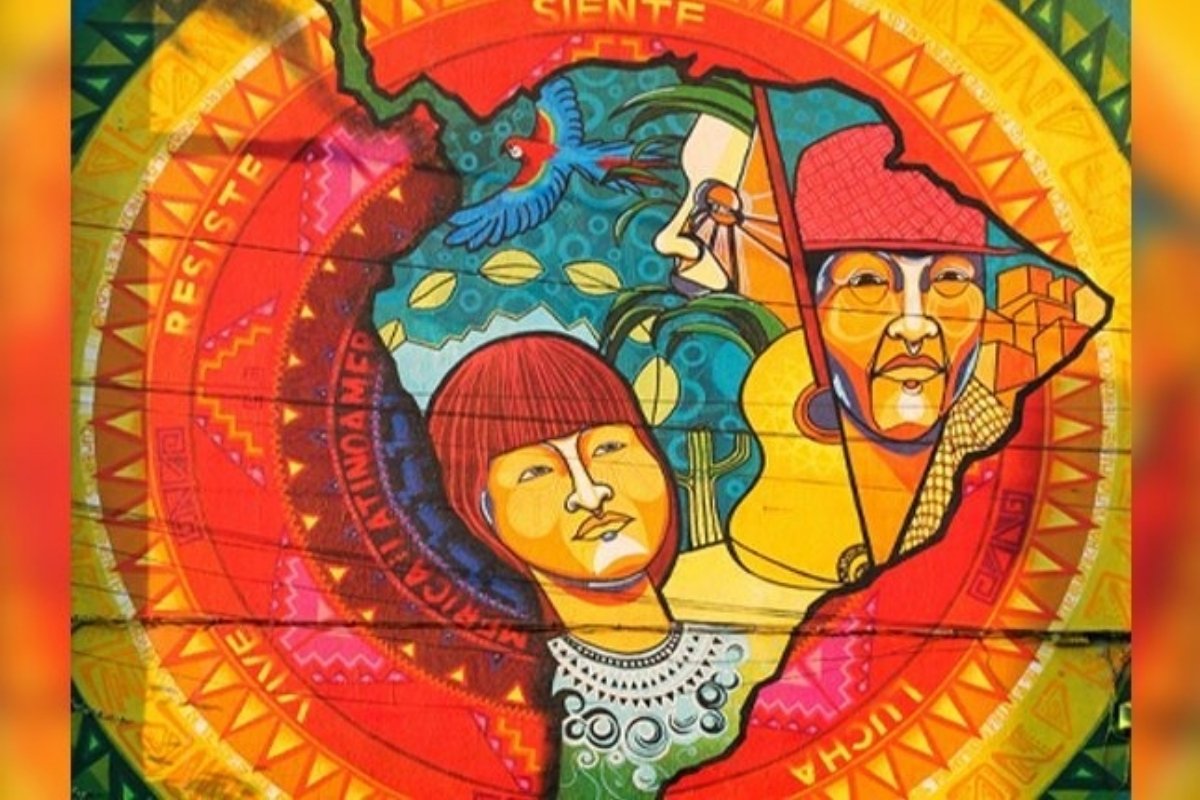
When we speak of workers’ democracy, we refer to this type of democracy, such as that of the Paris Commune or the Soviet democracy of the first years after the October Revolution in Russia.
This has nothing to do with the liberal bourgeois ‘democracy’ that the advocates of the ‘transition’ promise us. In their ‘democracy’, it is the owners of the means of production who decide.
The planned economy needs the democratic participation of workers as the human body needs oxygen, as Trotsky said. The working people in the neighborhoods know what the difficulties are and can collectively organise to find solutions. Wherever possible, existing organisations must be filled with content.
The Committees for the Defence of the Revolution, through mass assemblies, should organise control of the distribution of basic products, and launch a fight against speculators, corruption and the black market. They must ensure that crops are not allowed to go to waste due to bureaucratic mismanagement.
There should be an open and public discussion about which investments are most necessary and most important in the short, medium and long term, with the limited resources available. And inventory of idle resources (land, installations, warehouses, vehicles) should be made and put into operation under the control and supervision of the workers themselves for the benefit of the majority. Let the creative capacity of the working class be unleashed to face this crisis.
But it should be obvious to even the most superficial observer that the most advanced measures of workers’ control would not solve the serious problems facing the Cuban Revolution, although they would go a certain way to partially alleviating them.
Ultimately, the fate of the Cuban Revolution will be decided on the terrain of the international class struggle, which is why we also point out the need for proletarian internationalism.
The Cuban Revolution cannot have a merely diplomatic position in the international arena. On the contrary, it must actively promote, on the basis of its own experience, socialist revolution, beginning with the American continent.
True, the Cuban state, subjected to imperialist assault, has the right and the duty to establish diplomatic and commercial relations with all those who are willing. But at the same time, the Cuban Revolution must have a revolutionary internationalist policy.
Cuban communists must participate in the debates about the revolutionary strategy in other countries, defending clearly the point of view of socialist revolution.
In a very interesting article by Frank Josué Solar Cabrales in Granma about Latin American unity, he clearly explained that “the socialist revolution is the necessary condition for the development and the solution to the pressing problems of the people of our continent.”
Frank added that “the goal of the revolutionary forces cannot be simply to get into government in order to manage capitalism but with a greater redistribution of wealth.”
These debates that are taking place among Cuban communists need to be deepened. The hour is grave. The Cuban Revolution is at a decisive crossroads. To defend it, it is necessary to open the discussion and ideologically rearm the vanguard, particularly the youth.
We must demand that all revolutionary currents of opinion are given full access to the state media. To fight the counterrevolution, it is essential to fight the bureaucracy with ‘confrontational methods’ and ‘public agitation’. It is time to pass from words to deeds. There is no time to lose.

